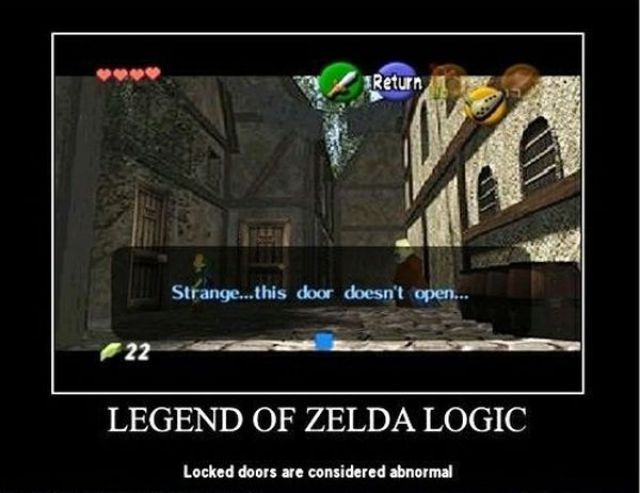
Video Games to Real World Literacy
Upon choosing to read What Video Games Have to Teach Us About Learning and Literacy, I imagined finding a book that was a nerd’s retaliation to a culture that does not value his/her favorite past time. What I didn’t expect was a highly structured text from the perspective of someone who is new to the world of video games. Despite my expectations I was pleasantly surprised to find a book that showed a fully competent adult struggle in a world that much of today’s youth is incredibly well versed in.
One idea in particular that struck me in talking in our group was the way in which our minds build patterns from probing the video game’s environment. After probing, we observe the reaction that comes from the action and begin to form a hypothesis about the connections of both the action and reaction. Later, we reprobe and apply this hypothesis as a generalization, hoping for a similar reaction. The feedback that the player receives from this action-reaction system will either fit the previous hypothesis, or contradict previous assumptions. Once the player processes the feedback, the hypothesis will either stand on steadier ground or will need to be revised.
In terms of video games transferring to real world literacy, this process of probe-hypothesis-reprobe-evaluate is critical in the scientific field as well as in general principles of how we learn as humans in a physical and controllable environment. To me it is great to see this process broken down and to observe how it helps young gamers to learn come to conclusions. The author explains that the validity of this idea is seen when baby boomers and older generations try to play video games. Many times these adults will not succeed and begin to anger when they try to read the game manual full of jargon and generalities, whereas younger generations are more adept at learning on the fly and reacting to the virtual environment, using the manuals only when drastic measures call for a deeper understanding of controls or hints.

 Website:
Website: